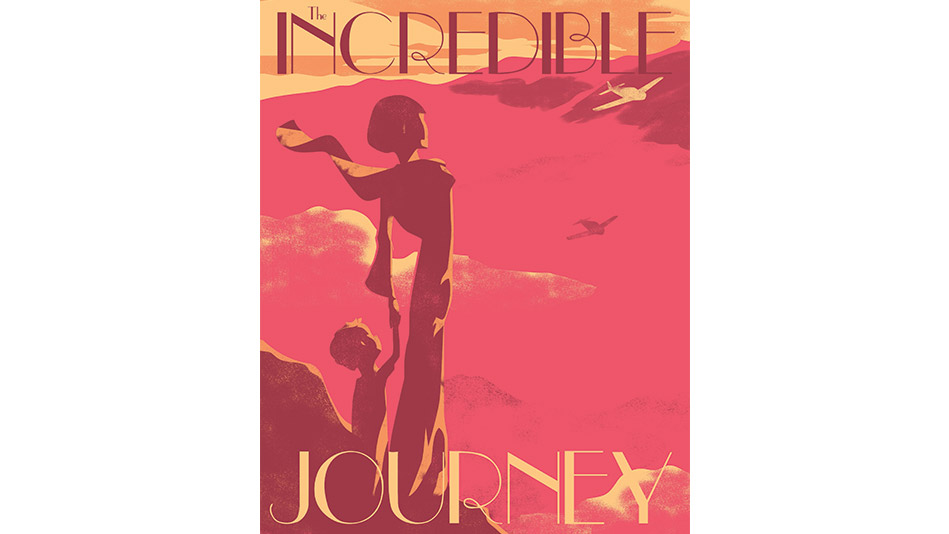People on Paper: Mary Karr on the Sublime Pleasure of Memoir
How moving it is, and how marvelous, to see a life unfold between two covers. Mary Karr explores the sublime pleasure to be found in following someone else's troubles and triumphs.

Illustration: Mads Berg
As a lonely, tormented kid in a chaotic household, I grew up craving books the way a junkie craves dope. They came in through my eyes and rivered through my veins and brain, and changed me. Reading was socially sanctioned disassociation, and I wanted nothing more than to vanish from reality.
I was both undersized and mouthy, and playing outside meant being hit with dirt balls or mocked for the hard-drinking habits of my non-church-going clan. Summers were 103 degrees, 100 percent humidity. There were cockroaches as big as my hand, encephalitic mosquitoes, orange-fanged nutria rats the size of small dogs and all manner of poisonous snakes. Twice I ran afoul of pedophiles. Inside was worse. Our whole family enterprise seemed to teeter on the precipice of oblivion—my drunk-driving daddy weaving down country roads, my seven-times-married mother cursing him to the heavens or locking herself in the bathroom with a loaded pistol. Our kitchen was speckled with bullet holes. "How'd that get there, Miz Karr?" a curious tradesmen asked. "He moved" was the answer.
But I could crawl down the valley of a book and be capital-E Elsewhere. It was magic. This was pre-iPad America, but even if my Volkswagen-size TV had been portable or carried more than three channels, I needed books. I adored my family. I also liked them. But they were dangerous, to both themselves and me; to survive them I would need compassion, which requires a fluency in psychological complexity and nuance, something I could find only in books.
So I took preverse—maybe even guilty—comfort in the life stories of those who had it worse. Blind and deaf, Helen Keller was more stranded in her wordless body than I could even conjure. How could I complain? And when Maya Angelou's I Know Why the Caged Bird Sings came out and included a tale about her own rape, I felt the empty chasm around me start to fill with her presence. That distinctive Southern voice crying out in the wilderness made me feel less alone. She grew past her afflictions and somehow transformed herself into that most exalted of creatures: a writer. Surely I, born light-skinned in a country that privileges my shade, could borrow some of her gumption for my own journey. Having compassion for her sexual assault allowed me to feel compassion for the traumas inflicted on my own prepubescent body, which tended to feel defiled. If her rape wasn't invited (her innocence was plain to me), maybe mine wasn't my fault, either. Had Angelou's book been fiction, it wouldn't have exerted the same force of hope, because part of me would've doubted her glorious existence was even possible.
What I scrawled in my journal at age 10 bears repeating here, for both the despair and desire it embodies: "I am not very successful as a little girl. When I grow up, I will probably be a mess." And later on the same page: "When I grow up I will write ½ poetry and ½ autobiography." Surely the spirits of Keller and Angelou guided my hand around those cursive letters as God did Paul's.
Out of great suffering come great truths—not just intellectual concepts, but ideas informed by feeling. The word passion comes from the Latin passio, which refers to Jesus's suffering on the cross. Anytime you take a stranger's agony into your body, you're changed by it, refined into a vessel better able to give and receive love, which is the sole purpose of being alive. The best memoirs I've ever read deliver such salvation.



